Important Side Effects Of Keto Diet You Should Know About
But be educated about its adverse effects before you dive into this controversial diet.
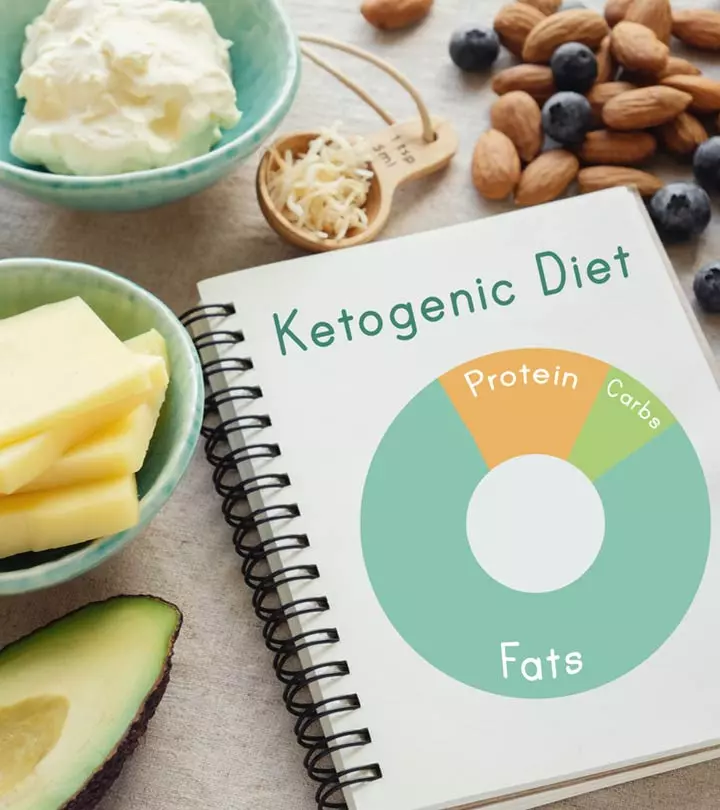
Image: Shutterstock
The keto or ketogenic diet is a low-carb, high-fat diet popularly followed for quick weight loss (1). With increasing awareness about the known risks of obesity, people have been resorting to fad diets for immediate results. But, keto diet’s side effects are not talked about much. It was initially created to help regulate blood sugar levels in people with type-2 diabetes and reduce the frequency of epilepsy (2). It was never meant for weight loss. That’s why it is important to know the side effects of the keto diet. Give this post a read before you start the keto diet to make informed choices. Scroll down!
In This Article
Side Effects Of The Keto Diet
Before starting on any diet, you should be aware of its pros and cons in detail. A change in the diet directly affects your overall health. You must therefore be aware of your prior health conditions and how the particular diet change would impact the same. Now, let’s take a look at some of the pronounced side effects of ketogenic diet to help you be prepared just in case.
1. Keto Flu
When starting with a ketogenic diet, you lower your carbohydrate intake, forcing the body to draw energy from fats. This takes the body into a metabolic state called ketosis, wherein the fats enter the liver to produce energy and byproducts called ketones. It is during this initial phase that you might experience symptoms like fatigue, headache, brain fog, increased hunger, nausea, and a decrease in your physical stamina. All these characteristic symptoms of the early days of a keto diet are together termed as keto flu (3).
While this may make you second guess your diet plan, the good news is that these symptoms only last for a few days till the body gets used to the change in metabolism. This is not the same and should not be confused with ketoacidosis that happens due to a dangerously high buildup of ketones in the bloodstream altering the body’s pH altogether.
2. Dehydration
Glycogen (the storage form of glucose in your muscles and liver) is essential to bind water in your bodies. With a decrease in carbohydrate intake, there is a decrease in the amount of glycogen and hence water is free to be excreted out in abundance. Hence, during the initial days of ketosis, most of the weight loss is water weight. While you might be happy to see a change in your weight, you should be careful to have an adequate amount of water to prevent any serious dehydration consequences. It is during this time that you might feel cramps in your leg muscles as well, a tell-tale sign of dehydration.
3. Digestive Problems
A change in diet is sure to affect your digestion process. Eliminating whole grains in the keto diet reduces the amount of fiber in your diet, which might lead to constipation and other digestive issues. Rarely, some people might also experience diarrhea, adding to the dehydration symptoms furthermore. Since keto changes the whole idea of what you eat and whatnot, it is important to be ready for changes in your digestive system and balance it out as much as possible with an adequate intake of water and a healthy balanced diet.
4. Bad Breath
The keto diet tends to give you a metallic taste in your mouth and a characteristic smell to your breath. When the body reaches the state of ketosis, a ketone called acetone is produced by the liver. This acetone is exhaled out of the body while breathing, giving it a distinctly sweet, fruity smell (4). It is unlike the foul smell we get due to the building up of bacteria because of bad oral hygiene. Occasionally, sweat and urine might also smell like acetone, due to a rise in the blood ketone levels.
5. Elevated Heart Rate
In the initial days of a keto diet, some people might experience elevated heart rates, what is otherwise known as palpitations (5). This usually happens due to dehydration and low salt intake. Having coffee tends to further aggravate the same. If this continues beyond the initial days, you might have to increase your carb intake.
6. Kidney Stones
In about 1 out of 20 children with epilepsy, the ketogenic diet has been found to lead to kidney stones (6). Though there were no serious implications seen, one needs to be aware that this can be a possibility. On this diet, the kidney also needs to process more protein than usual and might get overworked.
7. Raised Cholesterol Levels
Low carbohydrate and high-fat diets are usually known to increase the levels of low-density lipoprotein cholesterol which is not good for your overall heart health (7).
8. Fatty Liver
If you continue the keto diet for a long period of time, it may result in an accumulation of unwanted fats (more than what it can metabolize) leading to non-alcoholic fatty liver disease (8). It is also likely to worsen any prior liver conditions.
9. Nutrient Deficiencies
The keto diet, being quite restrictive in nature, eliminates a lot of fruits, vegetables, and whole grains from your diet. While this might seem okay to start with, it could lead to various nutritional deficiencies in the long run (9). Especially the vital vitamins and minerals need to be monitored carefully while you are on this diet.
 Trivia
TriviaKey Takeaways
- Eliminating whole grains in the keto diet reduces the amount of fiber in the diet.
- It may lead to constipation and other digestive issues.
- Intake of simple carbohydrates may result in inflammation, leading to acne breakouts.
- Taking good amounts of vitamins and minerals in the diet helps prevent major nutritional deficiencies.
Is The Keto Diet Okay For People With Diabetes?
Carbohydrates are important in controlling your blood sugar levels, which is vital for people with diabetes (10). While a keto diet might help control the HbA1c levels (a measure of the average blood sugar levels), its potential risks still outweigh the benefits as it may cause multiple episodes of hypoglycemia, (a fatal drop in the blood sugar levels) especially for people with Type 1 Diabetes (11), (12).
Even for people with type-2 diabetes, while a low-carb diet might seem beneficial in controlling the blood sugar levels, the possibility of hypoglycemia can’t be ruled out, especially for those on insulin (13). Also, whole grains (an important source of fiber) that help control weight and prevent episodes of high blood sugar, are categorically excluded while on a keto diet (14). This may also lead to digestive issues and nutrient deficiencies as well. It hence becomes imperative to consult a doctor, before going ahead with the keto diet.
Is The Ketogenic Diet Good Or Bad For Your Skin?
Intake of too many simple carbohydrates (white sugar, white bread, pasta, and cake) results in inflammation in the body leading to acne breakouts on your skin (15). Eliminating the same targets the excess inflammation in the body helping clear up the acne, making your skin look clean and radiant. On the flip side, an anti-inflammatory diet might lead to “keto rash” (prurigo pigmentosa), a rare form of inflammatory skin condition that often appears in the initial stages of ketosis.
Moreover, keto being a low-carb, high-fat diet, the intake of good fats like omega-3 fatty acids helps improve your skin and hair health (16). Incorporating good fat sources like salmon and walnuts in your meal plan might help soothe dry, itchy, and scaly skin. While you can find such benefits with a keto diet, it must be supplemented with good lifestyle habits for any visible improvement in your skin health.
How The Keto Diet Might Affect Your Period
A low-carb diet for an extended period might affect your hormones, especially for women. While keto diet is known to benefit the period cycle for women with Polycystic Ovary Syndrome (PCOS), for most other women, periods tend to become irregular because of the drastic weight loss (17), (18). Any such drastic body changes tends to alter the levels of gonadotropin-releasing hormone(GnRH), which might in turn result in drops in the levels of the follicle-stimulating hormone(FSH), estrogen, and luteinizing hormone(LH), affecting ovulation and your menstrual cycle (19).
While disruption in your ovulation cycle directly impacts your fertility and thereby pregnancy, it can have certain long-term effects as well, like sexual dysfunction, a higher risk for cardiovascular disease, depression, anxiety, and low bone density (20). You should hence be aware of your period cycle timeline and consult your gynecologist before starting the keto diet regimen.
How To Minimize Potential Side Effects
As we are now aware of the potential side-effects of the keto diet, you must be wondering how to sustain it then. Well, you can help alleviate or balance the ketogenic diet side effects to some extent if you are mindful to incorporate the following:
1. Drink Plenty Of Water
Most of the weight loss in the initial days of a keto diet is water weight. Carbohydrates help retain fluid in the body. Without carbs in your diet, most of the fluid is free to be excreted out of the body through urination. Hence, people on a keto diet usually tend to be low on water and electrolytes thereby being more prone to dehydration. It thus helps to keep your water intake adequate and regular to balance the loss. Additionally, cut back on carbohydrates over a few weeks to allow the body to adjust and reduce symptoms like the “keto flu.” Opt for veggies that are low in carbohydrates and high in fiber, such as spinach, broccoli, and zucchini, to help maintain digestive health and avoid constipation.
2. Get Enough Salt
When the carb intake is low, the body tends to excrete more sodium than usual due to a reduction in insulin levels. You might hence be recommended a diet rich in salty food to replenish the same to avoid any complications due to the same.
3. Increase Mineral Intake
Ensuring that you are taking good amounts of vitamins and minerals in your diet, helps prevent any major nutritional deficiencies. Including corresponding supplements might also be helpful in this regard.
4. Eating Healthy Fats
Since the keto diet focuses on a diet rich in fats, you should make sure that most of it come from healthy fats like olive oil, avocados, oily fish, etc, rather than the easy to get processed and saturated fats.
5. Avoid Intense Exercise
While your body adapts to the change in dependency on fats rather than carbohydrates for energy, it’s better not to indulge in any strenuous activities or fitness routine to make sure the body doesn’t get overworked. Also, excessive sweating might lead to further loss of electrolytes resulting in lethargy and mental confusion.
6. Ease The Transition
Before getting into the keto diet that has no carbs at all, it helps to go on a low-carb diet first. Let your body get accustomed to fewer carbs before eliminating them. Similarly, when you decide to slip out of the low-carb diet, you should reintroduce carbs into your meals gradually, rather than starting on it suddenly.
7. Eat Fiber
Since you would be cutting down on whole grains and fruits, the keto diet might lead you to consume less fiber than required resulting in constipation for some. In such cases, eating a diet rich in fibrous vegetables that are low in carbs, might help ease the symptoms. Carbohydrate-free laxatives may also be prescribed if usual diet changes don’t suffice. This also needs to be supplemented with an adequate intake of water.
Other Considerations
Other than what’s mentioned above, there are a few other considerations you should keep in mind before you start your keto diet journey.
- Varying Outcomes Since the keto diet focuses on high fats and no carbs meals, its effectiveness varies from person to person. It depends on your metabolism and if you have any prior health concerns. For some, their body can get used to it pretty soon while for others it might take longer to adapt to the new diet.
- Tough To Follow The diet is pretty restrictive. It isn’t a matter of just one or two days but a few months before you can see any immediate weight loss results. In the meanwhile, if you get back to including carbohydrates in any form, you get back to gaining weight as easily. It is hence not a very easy diet to stick to for a longer period.
- Saturated Fats Since the keto diet requires you to eat a high amount of fats, it is essential to be mindful of what kind of fat you eat. If you rely on animal or saturated fats for most of it, it’s going to affect your overall health in the long term.
 Fun Fact
Fun FactWho Should Try The Keto Diet?
The keto diet, in general, is beneficial to people aiming to lose some weight quickly. It is also seen to improve certain health conditions. For example, it helps reduce the frequency of seizures in children with epilepsy. It is known to improve glycemic control in diabetes and is helpful for women with PCOS (Poly Cystic Ovarian Syndrome) as well (21), (22), (23).
However, if you have any prior health conditions, you must consult the concerned physician before going ahead with any change in your diet. For instance, the keto diet is not recommended for people with pancreatic disease, thyroid or liver conditions, gallbladder issues, or any prior eating disorder. Since keto is quite a restrictive diet, it is always advisable to consult a certified dietician before going ahead with the same.
The Bottom Line
The side effects of the keto diet are not talked about much, although there are quite a few of them. This low-carb, high-fat, and moderate-protein diet sends the body into ketosis mode, meaning the body starts using fats (instead of glucose) to generate energy. This transition may cause keto flu initially, with symptoms like nausea, fatigue, etc. Moreover, this diet may cause dehydration, increased heart rate, bad breath, fatty liver disease, hypercholesterolemia, and nutritional deficiencies. Due to low-carb intake, the risk of hypoglycemia is very much possible, while the elimination of foods like whole grains may result in digestive issues like constipation. Also, the keto diet may cause irregular periods owing to drastic weight loss and long-term side effects like infertility, sexual dysfunction, etc.
Frequently Asked Questions
Can Keto ruin my metabolism?
If you can increase and decrease your carb intake slowly while transitioning to or from keto diet, your body’s metabolism will be able to adapt to it easily.
How long should I do Keto?
You should stay on a keto diet for about a month to 6 weeks to see any visible changes. However, try not to exceed it more than 6 months at a stretch to avoid nutrient deficiencies and other side effects mentioned above.
Can Keto cause hair loss?
Yes, with a decrese in the varety of available nutrients, a ketogenic diet may lead to hair loss for some people.
How quickly will I lose weight on Keto?
When done correctly, you can see visible changes within 4-6 weeks.
Before running to take up a keto diet, it is essential to know the drawbacks. Watch this honest discussion video detailing the side effects of the super-popular keto diet, such as “disaster pants” and “keto crotch.”
References
Articles on StyleCraze are backed by verified information from peer-reviewed and academic research papers, reputed organizations, research institutions, and medical associations to ensure accuracy and relevance. Read our editorial policy to learn more.
- Ketogenic Diet
https://www.ncbi.nlm.nih.gov/books/NBK499830/ - Modified Ketogenic Diets In Adults With Refractory Epilepsy: Efficacious Improvements In Seizure Frequency Seizure Severity And Quality Of Life
https://pubmed.ncbi.nlm.nih.gov/30867113/ - Consumer Reports Of “Keto Flu” Associated With The Ketogenic Diet
https://pubmed.ncbi.nlm.nih.gov/32232045/ - Measuring Breath Acetone For Monitoring Fat Loss: Review
https://www.ncbi.nlm.nih.gov/labs/pmc/articles/PMC4737348/ - Effects Of Ketogenic Diets On Cardiovascular Risk Factors: Evidence From Animal And Human Studies
https://www.ncbi.nlm.nih.gov/labs/pmc/articles/PMC5452247/ - Kidney Stones And The Ketogenic Diet: Risk Factors And Prevention
https://pubmed.ncbi.nlm.nih.gov/17621514/ - Effects Of Low-Carbohydrate Diets V. Low-Fat Diets On Body Weight And Cardiovascular Risk Factors: A Meta-Analysis Of Randomised Controlled Trials
https://pubmed.ncbi.nlm.nih.gov/26768850/ - Non-Alcoholic Fatty Liver Disease (Nafld) – Pathogenesis Classification And Effect On Drug Metabolizing Enzymes And Transporters
https://pubmed.ncbi.nlm.nih.gov/28303724/ - Nutritional Deficiencies Of Ketogenic Diets
https://www.researchgate.net/publication/332098774_Nutritional_Deficiencies_of_Ketogenic_Diets - Low-Carb And Ketogenic Diets In Type 1 And Type 2 Diabetes
https://www.ncbi.nlm.nih.gov/labs/pmc/articles/PMC6566854/ - Significance Of Hba1c Test In Diagnosis And Prognosis Of Diabetic Patients
https://www.ncbi.nlm.nih.gov/labs/pmc/articles/PMC4933534/ - The Glycaemic Benefits Of A Very-Low-Carbohydrate Ketogenic Diet In Adults With Type 1 Diabetes Mellitus May Be Opposed By Increased Hypoglycaemia Risk And Dyslipidaemia
https://pubmed.ncbi.nlm.nih.gov/29737587/ - The Use Of Low-Carbohydrate Diet In Type 2 Diabetes – Benefits And Risks
https://pubmed.ncbi.nlm.nih.gov/24959782/ - Short- And Long-Term Effects Of Wholegrain Oat Intake On Weight Management And Glucolipid Metabolism In Overweight Type-2 Diabetics: A Randomized Control Trial
https://www.ncbi.nlm.nih.gov/labs/pmc/articles/PMC5037534/ - Diet And Acne Update: Carbohydrates Emerge As The Main Culprit
https://www.researchgate.net/publication/261521034_Diet_and_Acne_Update_Carbohydrates_Emerge_as_the_Main_Culprit - 7 Things To Know About Omega-3 Fatty Acids
https://www.nccih.nih.gov/health/tips/things-to-know-about-omega-fatty-acids - The Effects Of A Low-Carbohydrate Ketogenic Diet On The Polycystic Ovary Syndrome: A Pilot Study
https://www.ncbi.nlm.nih.gov/labs/pmc/articles/PMC1334192/ - Association Between Body Weight Changes And Menstrual Irregularity: The Korea National Health And Nutrition Examination Survey 2010 To 2012
https://www.ncbi.nlm.nih.gov/labs/pmc/articles/PMC5503870/#B30 - Physiology Ovulation
https://pubmed.ncbi.nlm.nih.gov/28723025/ - The Ketogenic Diet And Its Effect On Bone Mineral Density: A Retrospective Observational Cohort Study
https://pubmed.ncbi.nlm.nih.gov/31398763/ - Ketogenic Diet And Epilepsy: What We Know So Far
https://www.ncbi.nlm.nih.gov/labs/pmc/articles/PMC6361831/ - Ketogenic Diet In Endocrine Disorders: Current Perspectives
https://pubmed.ncbi.nlm.nih.gov/29022562/ - Ketogenic Diets And Chronic Disease: Weighing The Benefits Against The Risks
https://www.frontiersin.org/journals/nutrition/articles/10.3389/fnut.2021.702802/full
Read full bio of Michelle Hawksworth
Read full bio of Varsha Patnaik
Read full bio of Ravi Teja Tadimalla
Read full bio of Moksha Gandhi







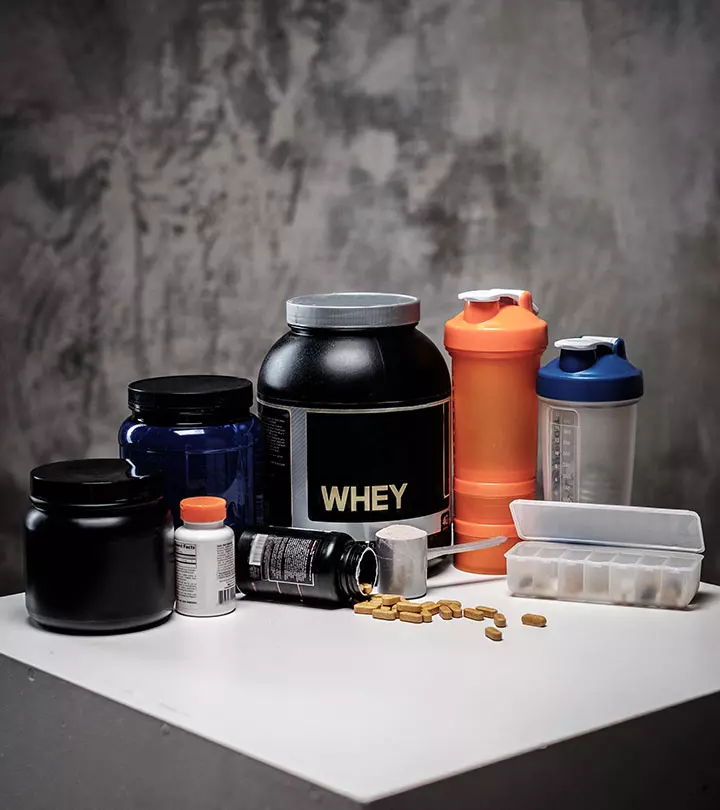



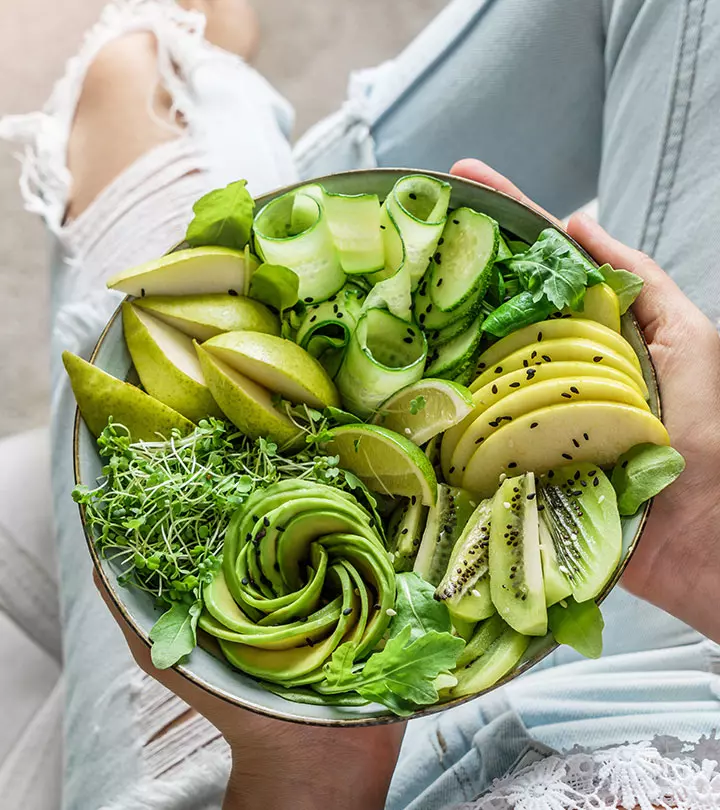
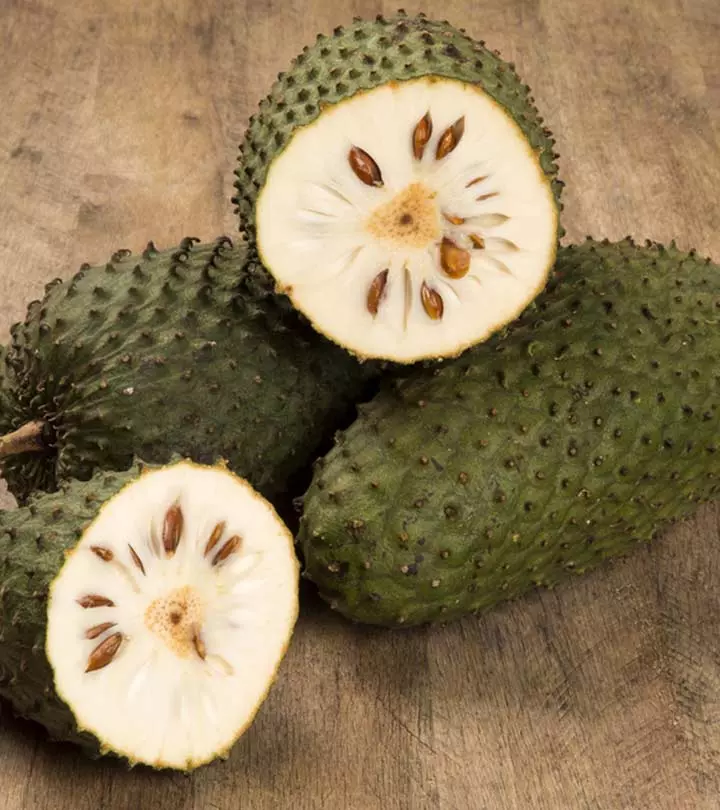
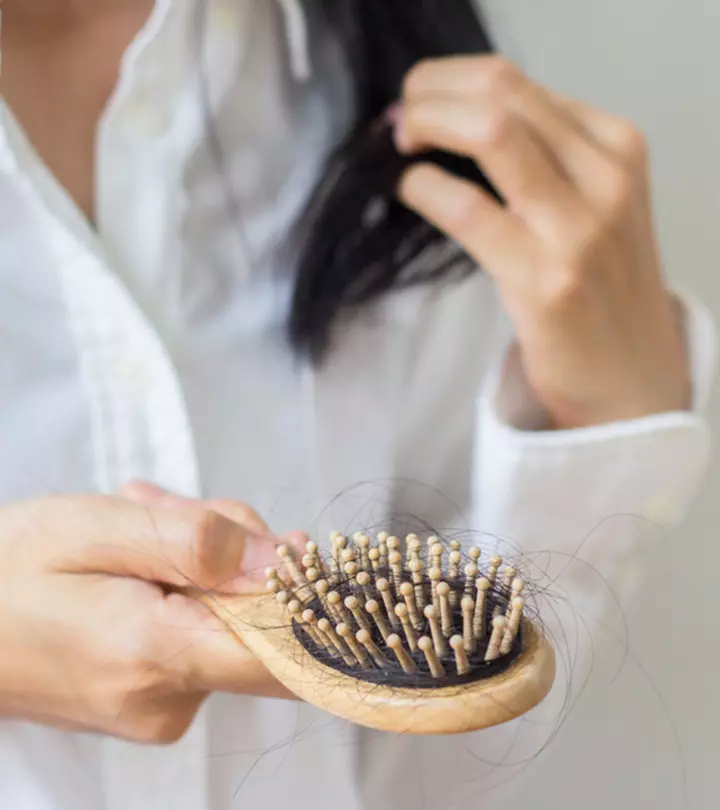



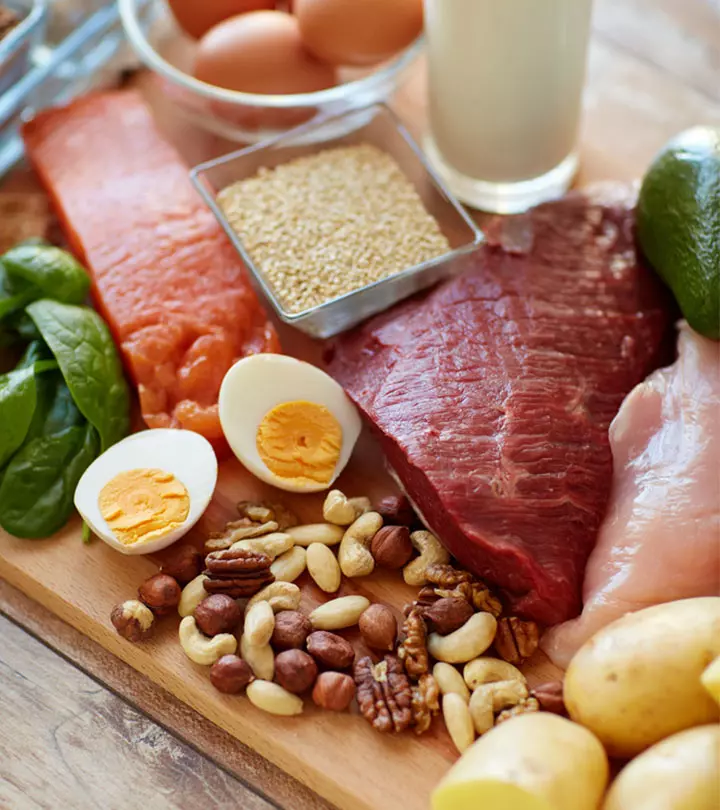
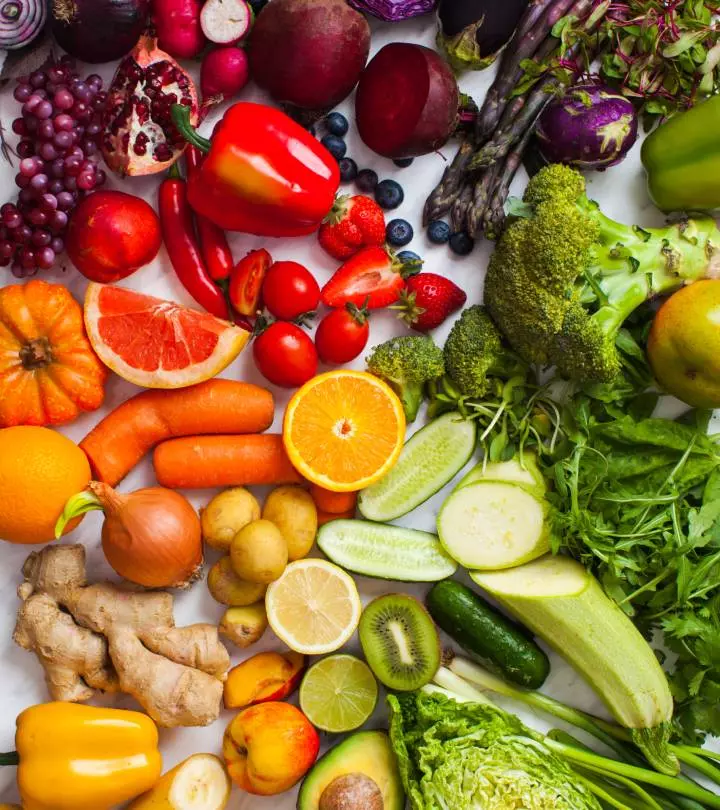
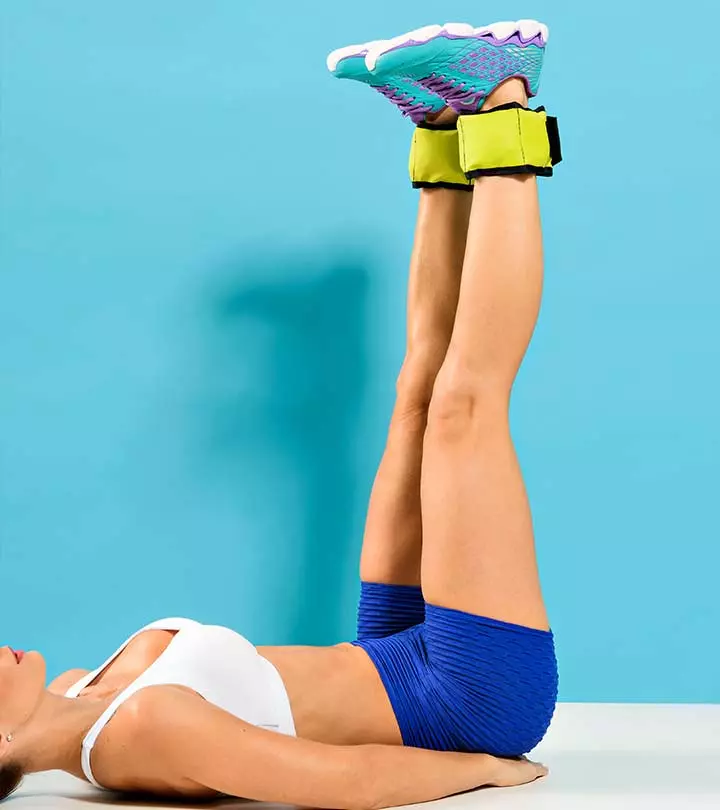




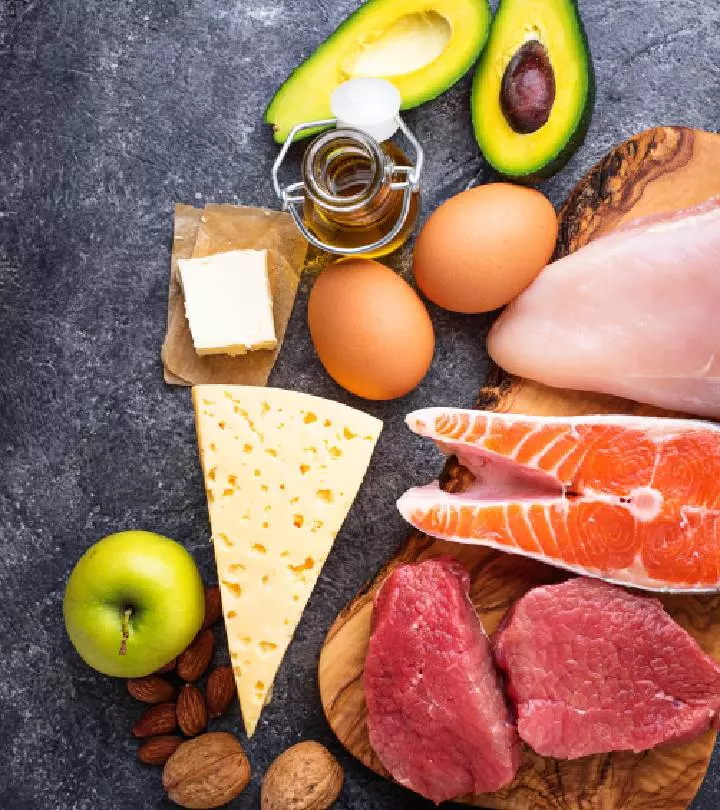
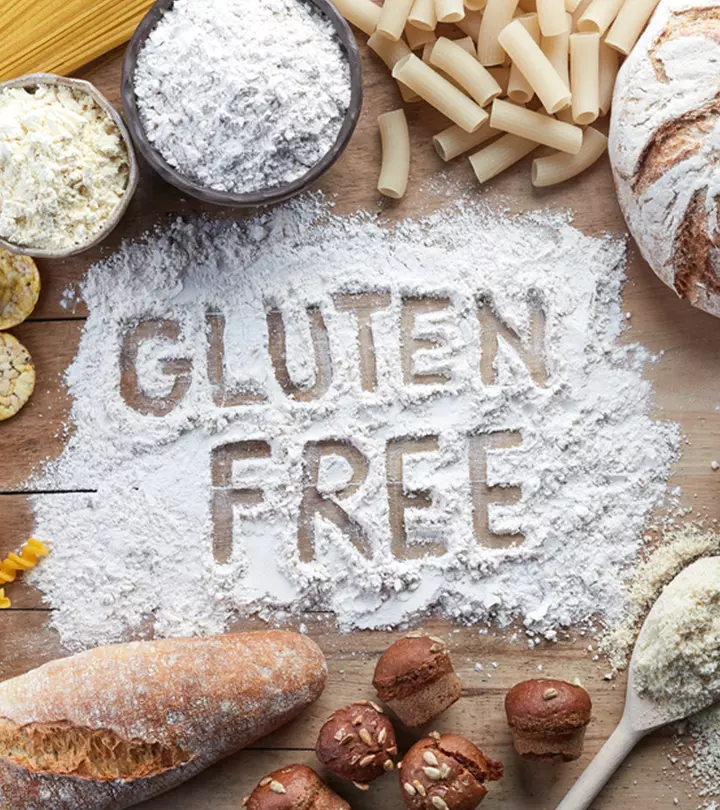

Community Experiences
Join the conversation and become a part of our empowering community! Share your stories, experiences, and insights to connect with other beauty, lifestyle, and health enthusiasts.